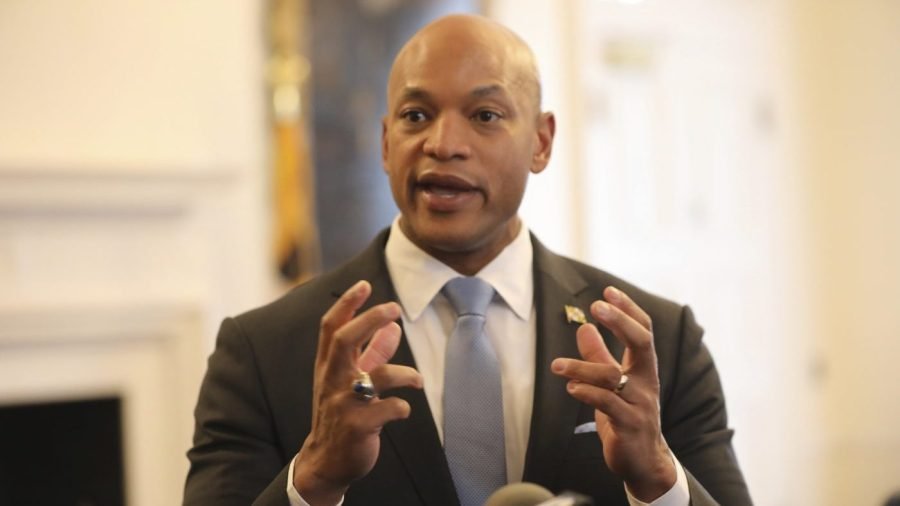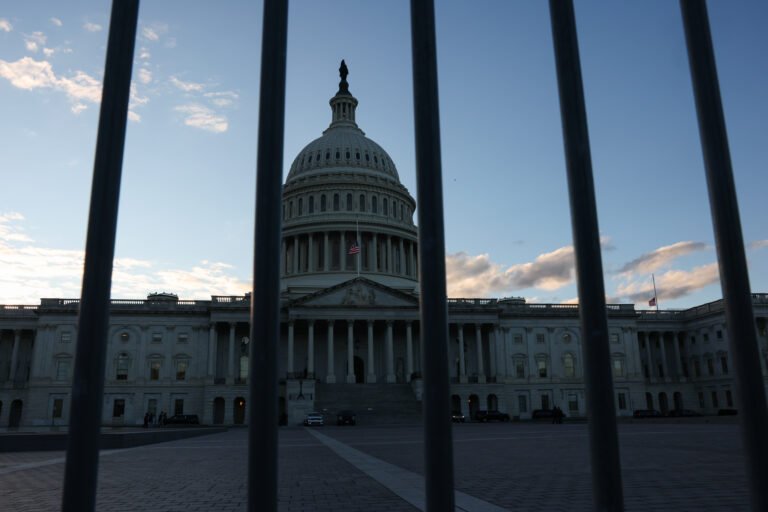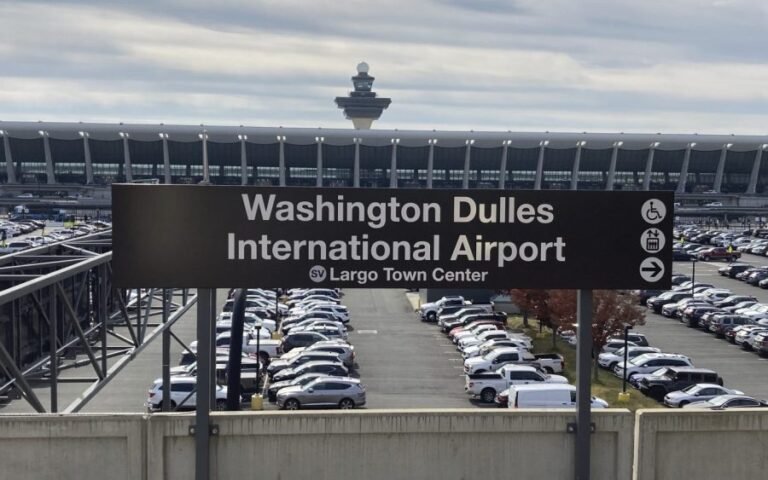
Maryland Gov. Wes Moore (D) is spearheading a redistricting advisory commission to explore redrawing the state’s congressional maps.
In a Tuesday press release, Moore’s office said the commission will hold public hearings, solicit feedback and make recommendations to Moore and the Maryland General Assembly on redrawing the state’s maps. The commission will be chaired by Sen. Angela Alsobrooks (D-Md.), who was elected last November.
“My commitment has been clear from day one—we will explore every avenue possible to make sure Maryland has fair and representative maps,” Moore said in the release. “This commission will ensure the people are heard.”
Roughly 23.8 percent of Maryland’s 4.3 million registered voters are Republicans, according to the Maryland election board’s October activity report. Rep. Andy Harris, who represents the Eastern Shore, is the lone GOP member of Maryland’s eight-person House delegation.
If it were to redraw its maps, Maryland would join Texas, Missouri, North Carolina and Ohio in doing so. On Tuesday, California voters will decide on Proposition 50, which would transfer control over the drawing of the Golden State’s congressional maps from an independent commission to the state Legislature, if it passes.
President Trump has pushed for GOP-led states to redraw their maps ahead of the 2026 midterms, and he even called on the Commerce Department to conduct a new census ahead of the next scheduled survey in 2030.
Moore’s redistricting push comes after Maryland Senate President Bill Ferguson (D) came out in opposition to such efforts last Tuesday.
In a letter to his colleagues, obtained by Politico, Ferguson said the downsides of redrawing Maryland’s congressional maps mid-decade are “catastrophic” and that the process would risk ceding another seat to Republicans via a legal fight.
Of the seven members of the Maryland Supreme Court, five were appointed by former Republican Gov. Larry Hogan, whom Alsobrooks defeated last fall.
On Tuesday, Ferguson said in a release on the social platform X that if the commission intends “to hear directly from Marylanders,” the Senate will participate in “in-person listening sessions” in the state’s eight congressional districts.
“Marylanders’ voices remain central to this process, and these public meetings will provide an opportunity for voters to hear about the unique legal barriers in Maryland — barriers that could unintentionally give Donald Trump another one or two of Maryland’s congressional seats should this effort backfire in our courts,” the Baltimore Democrat added.


